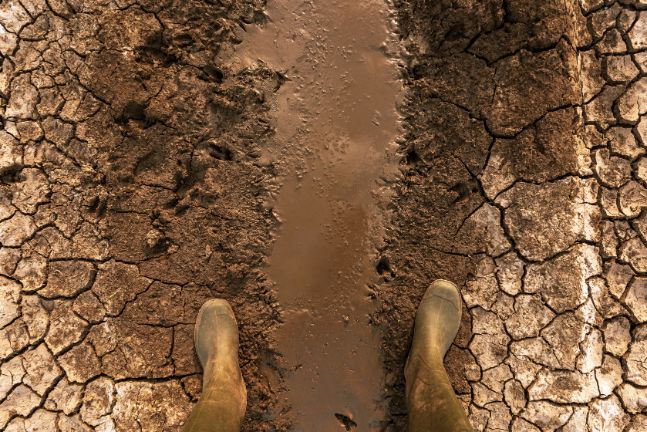Climate change is a global issue that has been on the rise for several decades caused by human activities such as deforestation burning fossil fuels and industrial practices that release greenhouse gases into the atmosphere. The effects of climate change are felt all over the world, including extreme weather conditions, rising sea levels, loss of biodiversity and destruction of ecosystems. In this blog article, we will explore the current state of climate change the dangers it poses and what we can do to mitigate its effects.
The Current State of Climate Change
According to the Intergovernmental Panel on Climate Change (IPCC), the earth’s temperature has risen by 1.1°C since pre-industrial times and it is expected to exceed 1.5°C by the end of this century. This rise in temperature has led to an increase in extreme weather events, including heatwaves, droughts, floods and hurricanes. These events have devastating effects on human lives, property and the environment.
The melting of polar ice caps due to global warming has led to a rise in sea levels. This rise in sea levels threatens low-lying areas and small island states which are at risk of being submerged by the ocean. Furthermore, ocean acidification caused by increased carbon dioxide in the atmosphere has devastating effects on marine ecosystems, such as coral reefs, which are home to a diverse range of marine life.
The Dangers of Climate Change
Climate change poses significant dangers to humanity and the environment. If we continue with business as usual we will witness irreversible damage to the planet. The impacts of climate change will affect every aspect of human life, including food security, water resources, health and infrastructure.
For instance climate change has caused an increase in the frequency and intensity of extreme weather events, such as hurricanes and floods these events have devastating effects on communities, leading to loss of lives, property and displacement of people. Furthermore, the rise in sea levels caused by global warming threatens to submerge low-lying areas, leading to the displacement of millions of people and the loss of biodiversity.
Climate change also has economic impacts, such as damage to infrastructure and loss of productivity. For instance, the impacts of climate change on agriculture such as droughts and floods have devastating effects on food production, leading to food insecurity and loss of livelihoods.
What We Can Do to Mitigate the Effects of Climate Change
To mitigate the effects of climate change we must take collective action at all levels this includes individuals, governments and businesses. Some of the actions that can be taken include.
- Transitioning to renewable energy: Governments and businesses should invest in renewable energy sources, such as wind and solar power, and reduce their reliance on fossil fuels.
- Promoting energy efficiency: Individuals and businesses should adopt energy-efficient practices, such as turning off lights and appliances when not in use, using public transportation or electric cars, and improving building insulation.
- Reducing food waste: Individuals should reduce food waste by buying only what they need and composting food scraps.
- Conserving water: Individuals and businesses should conserve water by fixing leaks, using low-flow showerheads and faucets, and reducing water use in landscaping.
- Planting trees: Governments and individuals should plant trees, which absorb carbon dioxide and help to mitigate the effects of climate change.



